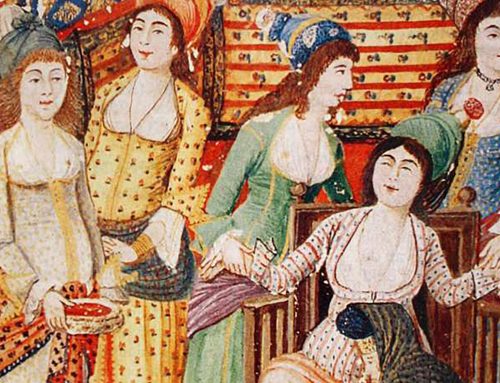During the event on December 1st, two hundred people turned out to hear Ruth Messinger and Prof. Dan Chirot discuss foreign aid and Africa. We collected questions from the audience on index cards and here they are with Prof. Chirot’s response:
How do you reconcile the desire to “buy American” and protect jobs at home with the goal of increasing employment in poor countries which is presumably export-based?
Economists point to the fact that increasing trade with wealthy countries that export as well as import has long brought greater prosperity to all sides. Whether this will remain true in the future is a reasonable question, but it certainly has been in the past. In any case, when it comes to africa, any industrialization would create competition with other cheap labor countries, not with american production.
What about the issue of dependence on aid?
A good question. Again it all depends. Aid to europe after world war II worked well. Aid to some african countries has only created dependence. So it is necessary to look at the particular cases and at the kinds of aid. Good aid does help set up institutions that persist, and the major aid organizations tend to emphasize that.
Many of the foreign aid initiatives are aimed at the goal of saving lives. This is great – to save a life is to save the world and nobody in the world wants to unnecessarily lose a family member. However, many of the issues we face seem to stem from overpopulation (i.e. the capital city of Nyea NIamEY[sic] was in a much better condition when there were 40,000 inhabitants than now with over one million). How do you reconcile these two issues? Is it possible that we’re just digging ourselves and the world into a hole?
There is an overpopulation problem in Africa. In most of the world, birth rates have fallen, and actually in many of the most developed countries the demographic problem is the exact opposite — not enough births. The solution for Africa is faster economic growth and more education, especially for women.
What about population control?
Education and making birth control available are important for africa. Ultimately, the best way of limiting births is to have economic development and better general education for women so that they can go into the labor force. Then people will voluntarily choose to limit births.






Leave A Comment